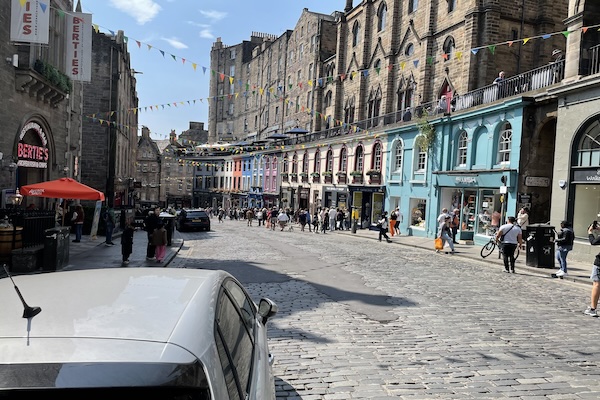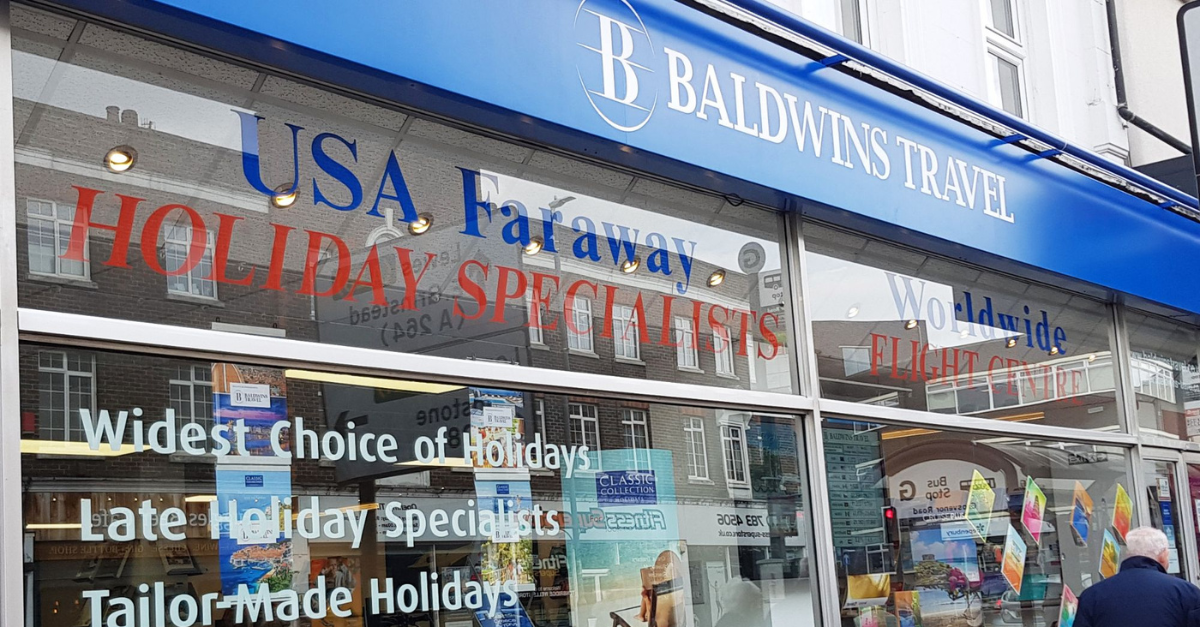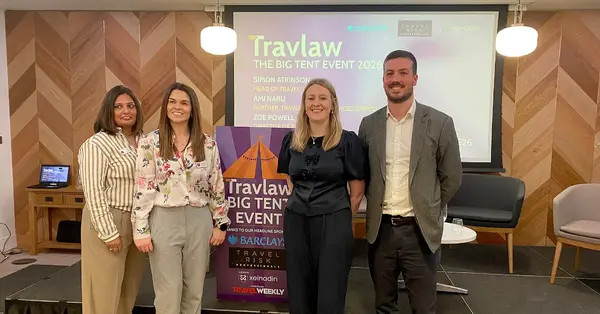You are viewing 1 of your 2 free articles
UKHospitality warns against Edinburgh tourist tax hike to ‘unsustainable level’
UKHospitality Scotland has warned against increasing a proposed Edinburgh tourist tax to an “unsustainable level” from its introduction in July 2026.
The message came after the Scottish capital’s council backed the introduction of a visitor levy aimed at raising up to £50 million a year by 2028-29.
A 12-week consultation period will start in the autumn, with residents asked whether the 5% charge per night up to a maximum of seven nights tabled in the initial proposal should be higher or lower.
More: How to spend 48 hours in Edinburgh
SPAA criticises Edinburgh policy on flight and cruise advertising
City of Edinburgh Council has been campaigning for more than five years for a levy on overnight stays.
The aim is for the final scheme to be agreed in January 2025 allowing an 18-month implementation period to start.
The levy will apply to paid accommodation including hotels, short-term lets, hostels and bed and breakfasts, but will exclude stays in campsites.
A future phase of the measure may also see cruise ships included, the BBC reported.
Revenue generated will be reinvested directly into initiatives that benefit residents and enhance visitor experiences, such as affordable housing, city infrastructure, destination marketing and support for major events and festivals.
Tourists contribute an estimated 5.3 million overnight stays to Edinburgh every year.
Council Leader Cammy Day described the levy as a “once in a generation opportunity” for the city.
He said: “I’m pleased to say we now look set to trailblaze this new legislation and become the first place in the UK to launch a city-wide levy, as early as summer 2026.
“If our festivals continue on the same trajectory as now, the levy could raise over £6 million in August alone when it launches.
“While supporting our tourism and hospitality sector, the benefits will be felt right across the capital.
“We can’t take Edinburgh’s incredible cultural offering and reputation as a fantastic place to visit for granted, and a visitor levy presents an innovative way of sustaining the sector and the city.”
He added: “It will significantly increase our ability to invest in the visitor experience and the tourism pressures we face, from keeping the city clean to responding to our housing emergency, so that everyone can continue to enjoy all that the city has to offer. By better supporting these services we can secure Edinburgh’s future as a top global destination.
“These proposals have been shaped by the views of residents, visitors and industry.
“We’re committed to making sure this is the best levy for Edinburgh and will begin our formal consultation as soon as the Scottish Government allow[s].”
UKHospitality Scotland executive director Leon Thompson warned: “The visitor levy will increase costs for both visitors and businesses in Edinburgh, and that cost must be kept to a reasonable minimum.
“It’s concerning that an even higher levy has been proposed than the 5% in the draft scheme.
“I would urge extreme caution against setting the levy at a level which could tip the balance towards this scheme having a detrimental impact to Edinburgh’s reputation as a leading destination.
“Business costs to set up and administer the levy will be significant and it’s positive that the council has so far backed a mechanism for businesses to recover their costs.
“UKHospitality Scotland will consult with members across Edinburgh during the consultation period and respond, reflecting the views of our members.”
However, Edinburgh Hotels Association chair Neil Ellis welcomed the scheme “for its intended use of improving the experience of all visitors, local, national or international, through additional spending”.
He described the levy as “a fantastic opportunity to further enhance Edinburgh’s reputation on the world stage as a must-visit destination”.


















